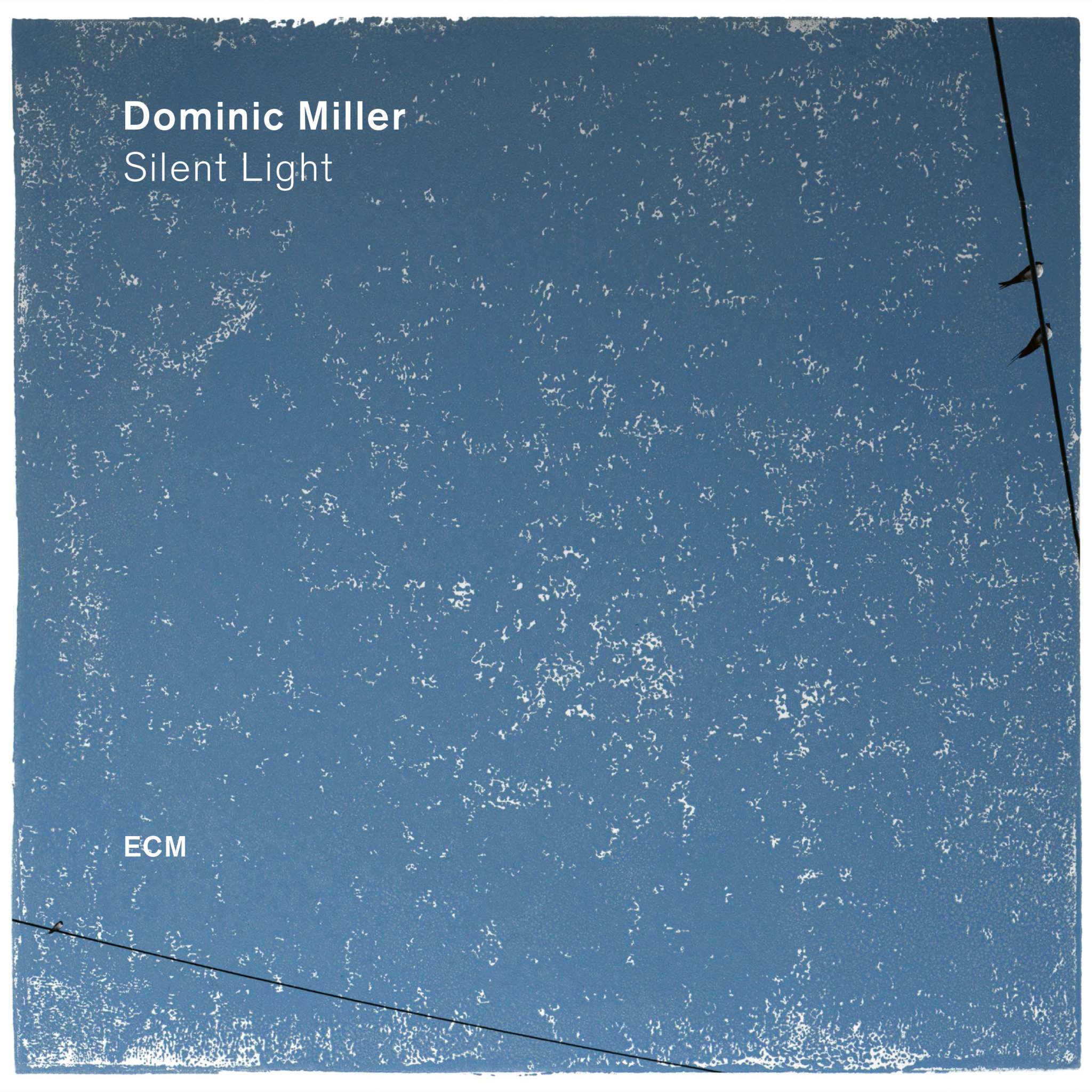Dominic Miller, der in Buenos Aires als Sohn eines amerikanischen Vaters und einer irischen Mutter zur Welt kam, verbrachte seine Kindheit zunächst in Argentinien, bevor er mit zehn Jahren in die Vereinigten Staaten übersiedelte. Seine musikalische Ausbildung absolvierte er sowohl in den USA als auch in England, unter anderem an renommierten Institutionen wie dem Berklee College of Music in Boston und der Guildhall School of Music in London. Obwohl Miller seit über dreißig Jahren international auf Tournee ist, hat er inzwischen seinen Lebensmittelpunkt nach Frankreich verlegt.
Sein erstes Album bei ECM, „Silent Light“, besticht durch kosmopolitisches Flair; lateinamerikanische Einflüsse sind besonders in dem Stück „Baden“ ausgeprägt, das dem brasilianischen Musiker Baden Powell gewidmet wurde. Das Stück „Le Pont“ weckt Erinnerungen an das Pariser Lebensgefühl der frühen 1900er-Jahre, während „Valium“ keltische Melodien im Stil von Bert Jansch anklingen lässt. Mit „Fields of Gold“ interpretiert Miller eine der berühmtesten Balladen von Sting auf ruhige, instrumentale Weise.
Als Gitarrist und Komponist ist Miller vor allem durch seine langjährige Zusammenarbeit mit Sting bekannt, zu deren Höhepunkten die Mitautorenschaft beim weltweiten Erfolgstitel „Shape of My Heart“ zählt. Darüber hinaus arbeitete er mit namhaften Künstlern wie Paul Simon, The Chieftains und Plácido Domingo zusammen. Paul Simon lobte Millers Gitarrenspiel in einem Albumkommentar und hob dabei die besondere Note hervor, die Jazz- und Folk-Elemente miteinander verbindet.


